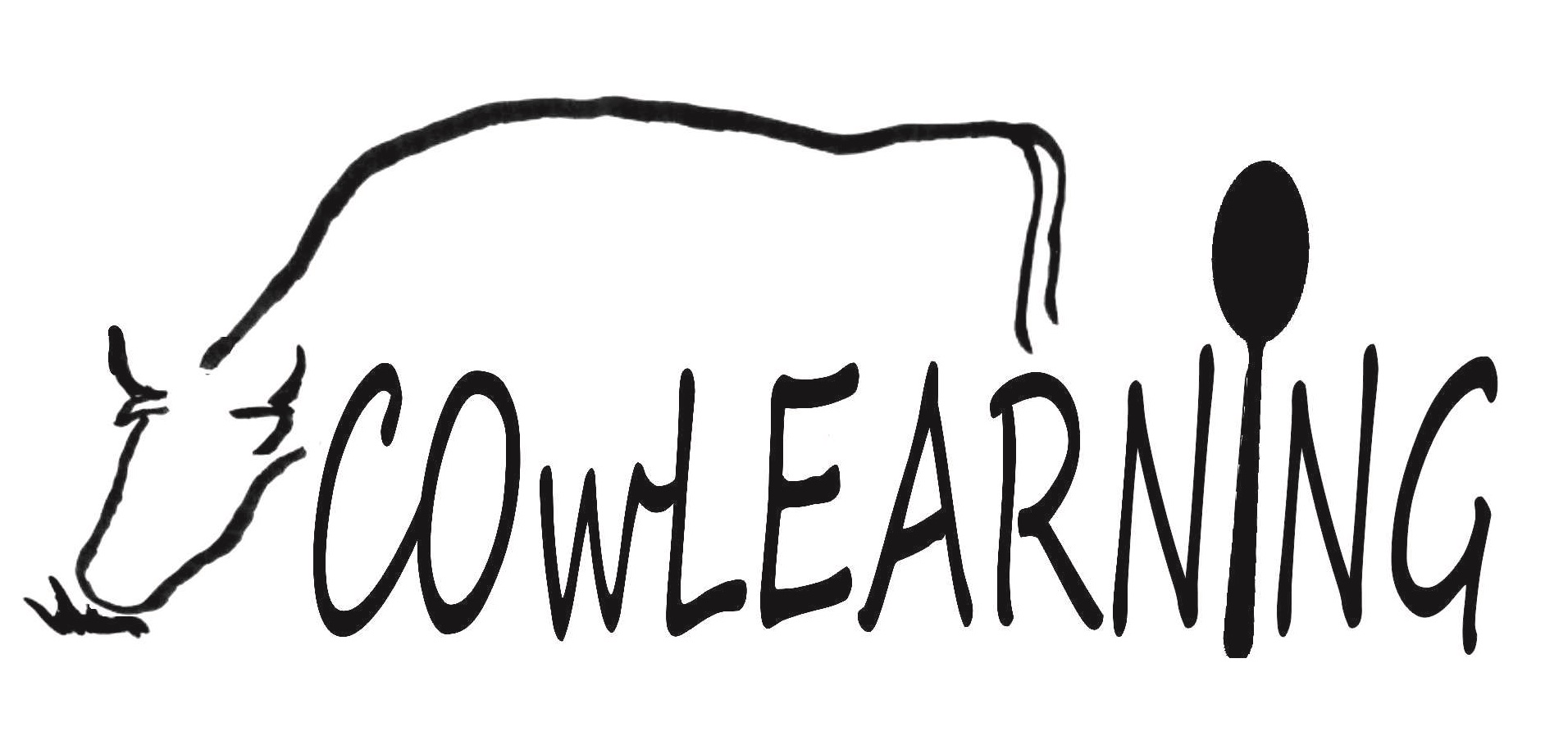
BOKU University
1180 Wien
COwLEARNING
Breaking the blame game:
COwLEARNING for sustainable beef and dairy supply
Our society faces grand challenges, such as mitigating climate change and adapting to its consequences, ensuring a healthy diet and maintaining cultural landscapes with high biodiversity. A sustainable agri-food industry addresses these challenges.
In Austria, with its high share of meadows and pastures, cattle husbandry is particularly important. Several aspects of dairy and beef supply are perceived as unsustainable. This is for instance its impact on climate change because during their digestion cattle release the climate-damaging greenhouse gas methane. Moreover, both animals and humans often face welfare problems because of difficult living and working conditions on farms and abattoirs. Many animals are kept in small spaces for the production of cheap products in a competitive market. Cattle are then prone to illness and their treatment with antibiotics may result in antibiotic resistance. In addition, our high consumption of meat causes health risks.
These and other problems in our beef and dairy supply are broadly discussed but many questions remain unanswered:
- What has driven past changes in dairy and beef supply and why have sustainability innovations (not) been implemented?
- How do alternative dairy/beef chains compare in terms of animal and human welfare, the environment, socio-economic characteristics, and potential for growth?
- What are broadly acceptable and feasible changes for the future?
The project COwLEARNING combines scientific knowledge from the universities with the knowledge of practitioners in farming, processing, retail, gastronomy and consumption*. Together, we search for possible ways of change and thereby consider different innovative practices. This may include, for instance, pasture-based feeding, cow-calf contact systems (the calf stays with the cow for longer time after birth), mobile abattoirs, cow-sharing (animals are slaughtered only when all their parts are sold), milk and beef substitutes.
With a farm-to-fork assessment, we compare these innovations from the farmer to the consumer. Together with practitioners, we develop scenarios, this means pictures of the future showing alternative developments. In addition, we develop serious games to convey the topic in a playful way. With these approaches we want to stimulate learning and provide spaces to experiment with more sustainable beef and dairy supply.
*Participation is limited to these stakeholder groups and therefore closed.
Citizen Science Seminar
In January 2024, poject coordinator Marianne Penker held a lecture about the project (in German) as part of the lecture series "Citizen Science Seminar" at BOKU University.
Picture gallery
-
 Common Vision © Jana Wiese Common Vision © Jana Wiese
Common Vision © Jana Wiese Common Vision © Jana Wiese -
 Projectstart © FWF-LuizaPuiu Projectstart © FWF-LuizaPuiu
Projectstart © FWF-LuizaPuiu Projectstart © FWF-LuizaPuiu -
 Transdisciplinary Team © COwLEARNING Transdisciplinary Team © COwLEARNING
Transdisciplinary Team © COwLEARNING Transdisciplinary Team © COwLEARNING
https://www.citizen-science.at/en/projects/cowlearning-875#sigProIda65ba1cecd
This project fulfils version 1.1 of the quality criteria for citizen science projects on Österreich forscht.
- food
- animals
- land use

